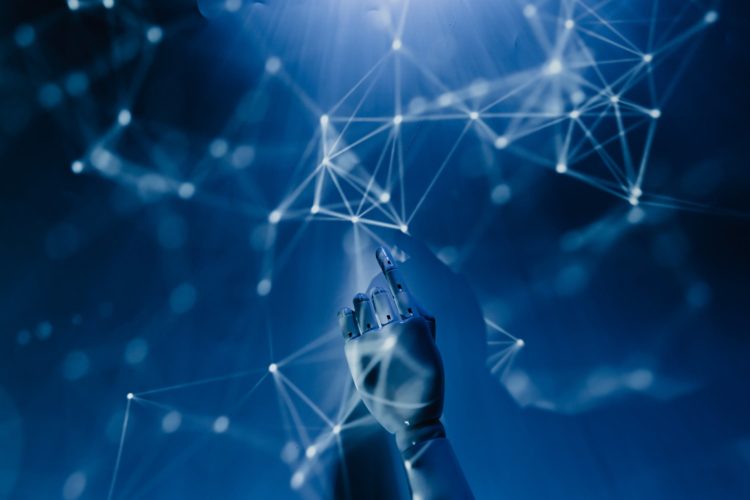Gartner’s top predictions explore three aspects of the lessons that business and IT leaders have learned during ongoing disruption and uncertainty – the push toward human centricity, the race to resilience and the ability to reach beyond expectations.

“The lesson of the pandemic has been to expect the unexpected and be prepared to move in multiple strategic directions at once,” said Daryl Plummer, distinguished research vice president and Gartner Fellow.
He opined those leaders who embrace options for workers, enhanced enterprise efficiency and accelerated transformation plans have greater resilience in dealing with change.
“Resilience, opportunity and risk have always been components of good business strategy, but today these issues hold new meaning. This year’s predictions embody how resilience must be built in more non-traditional ways, from talent to business modularity, while opportunity and risk must be viewed with a greater sense of urgency than ever before.”
By 2024, 40% of consumers will trick behaviour tracking metrics to intentionally devalue the personal data collected about them, making it difficult to monetize.
Consumers are increasingly aware of the value that companies glean from their personal data, and the power of that data when wielded through recommendation algorithms to manipulate behaviour. In response, some are attempting to undermine such tracking methods, such as by sharing false details or clicking on ads they aren’t interested in, among other tactics.
Plummer commented that by manipulating algorithms and spoiling databases, consumers are defying the adage that insists ‘if you’re not a customer, you’re the product.
“Whether motivated by privacy and security concerns, exposure to misinformation or desire for personal monetary gain, consumers are aiming to devalue the behavioural data companies have come to rely upon,” he continued.
By 2024, 30% of corporate teams will be without a boss due to the self-directed and hybrid nature of work.
The pandemic embedded agility inside business operations and streamlined business processes to essential value. This included a shift from central decision making to peer-to-peer network-based decision making that reduces bottlenecks and saves time in a hybrid working environment. As hybrid work continues, removing the traditional manager role can be a more pragmatic route to efficiency.
According to Plummer the role of the manager as the commander-and-controller of work is a major impediment in an era where business agility requires team empowerment and autonomy.
“Planning, prioritizing and organizing work efforts still must happen, but it is essential to decouple ‘management’ from the traditional ‘manager’ role to reap the benefits of business agility and hybrid work,” he continued.
By 2025, synthetic data will reduce personal customer data collection, avoiding 70% of privacy violation sanctions.
Data generated using artificial intelligence (AI) techniques, known as synthetic data, is gaining momentum. Synthetic data can serve as a proxy for real data, resulting in reduced collection, use or sharing of sensitive information.
This is significant as maturing and regionally different privacy regulations put pressure on organizations to reduce the risk of privacy violations and ensure resiliency.
“Synthetic data makes AI truly prophetic, as it can represent future alternative realities, not just the past that the real data reflects. Using high-quality and high-volume synthetic data is a powerful way to understand humans at scale,” said Plummer.
By 2024, a cyberattack will so damage critical infrastructure that a member of the G20 will reciprocate with a declared physical attack.
Cyberattacks have historically been treated by nations as crime, not warfare. However, as the losses produced by recent large-scale attacks aimed at critical infrastructure have reached unprecedented levels, some governments are moving to prepare for cyber-war via dedicated cyber-defence units.
In the near term, enterprises will continue to bear the primary responsibility to defend against cyberattacks. However, enterprises have never been charged with serving as the first line of defence against warfare, so increasingly severe attacks will prompt military involvement, eventually deterring non-state actors from targeting critical infrastructure.
By 2024, 80% of CIOs surveyed will list modular business redesign, through composability, as a top 5 reason for accelerated business performance.
“Market turbulence predates and will survive COVID-19,” said Plummer confidently. “Trying to return to stability will not allow the organization to thrive in the ‘renewal’ phase beyond the current disruption.”
Progressive CIOs are shifting their mindset to see volatility as an opportunity. Business composability, or the modular redesign of operational assets to minimize interdependencies, enables work to be recomposed quickly, easily and safely. It is a competitive addition to an organization’s toolbox that enables CIOs to master the risks of accelerating change.
By 2025, 75% of companies will “break up” with poor-fit customers as the cost of retaining them eclipses good-fit customer acquisition costs.
Organizations often expunge poor-fit customers from sales pipelines, but few proactively identify and say goodbye to them after they’ve purchased a product or service.
Yet, keeping a poor-fit customer can be costly, both in terms of time spent satisfying them as well as the opportunity costs, brand degradation and long-term profit erosion that can occur.




